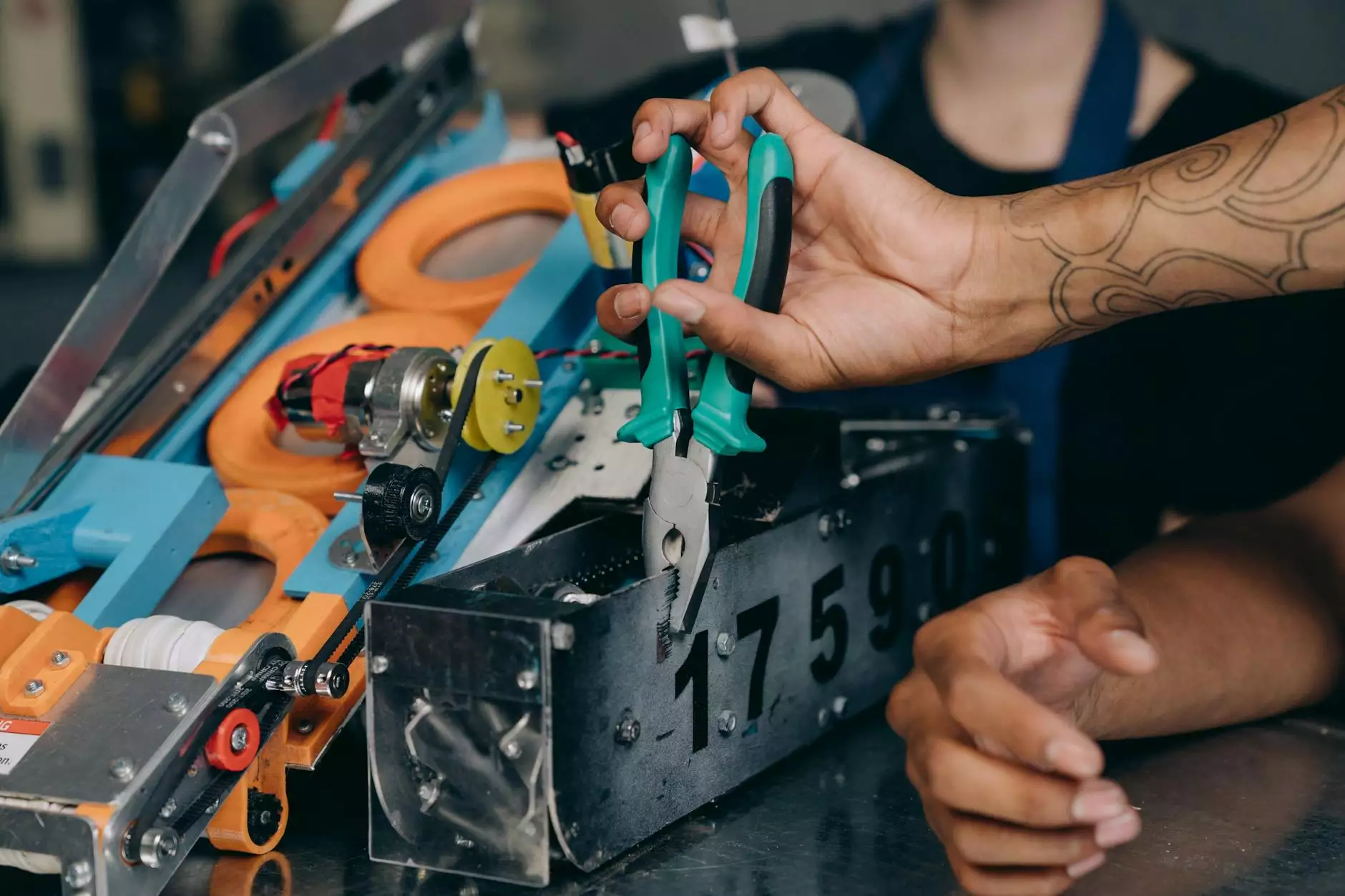The Ultimate Guide to Jeep Wheels and Tires

Jeep wheels and tires are more than just accessories; they are crucial components that define the performance, safety, and aesthetics of your vehicle. Whether you use your Jeep for rugged off-roading adventures or daily commutes, the importance of choosing the right wheels and tires cannot be overstated. In this comprehensive article, we will discuss everything you need to know about Jeep wheels and tires, including types, sizing, maintenance, and much more. Let's dive into this all-important topic for Jeep enthusiasts!
1. Understanding Jeep Wheels
Wheels play a massive role in the overall performance of your Jeep. Here’s what you need to know:
1.1 Types of Jeep Wheels
Jeep wheels come in various types, each designed for different uses:
- Steel Wheels: Durable and great for heavy-duty applications but heavier and less stylish.
- Aluminum Alloy Wheels: Lightweight and visually appealing with better heat dissipation.
- Beadlock Wheels: Designed for extreme off-road use, these wheels keep the tire bead in place during lower air pressures.
1.2 Wheel Sizes and Fitment
Choosing the right size wheel is essential. The common sizes for Jeep wheels vary but are typically 15 to 20 inches in diameter. Factors that affect wheel fitment include:
- Backspacing: The distance from the wheel mounting surface to the inside edge of the wheel. Proper backspacing ensures that the tire doesn't rub against suspension components.
- Offset: The measurement of the wheel's mounting surface relative to its centerline. This affects handling and the vehicle's track width.
- Bolt Pattern: The number of bolts and the distance between them, which ensures compatibility with the Jeep hub.
2. The Importance of Jeep Tires
Tires are arguably one of the most critical components of your Jeep, impacting traction, handling, and comfort. Here’s a breakdown:
2.1 Tire Types for Jeeps
Jeep tires come in a range of types tailored for different terrains:
- All-Terrain Tires: Versatile for both on-road and off-road conditions.
- Mud-Terrain Tires: Designed for maximum traction in muddy environments, with more aggressive tread patterns.
- Street Tires: Best for on-road use, offering a quiet ride and better fuel efficiency.
- Rock Crawling Tires: Specific for off-road driving, featuring deep tread and reinforced sidewalls.
2.2 Understanding Tire Sizing
Correct tire sizing is crucial for optimal performance. Tire sizes are represented in a format like LT265/70R17, which indicates:
- LT: Light Truck tire designation.
- 265: The width of the tire in millimeters.
- 70: The aspect ratio, indicating the height of the tire's sidewall as a percentage of its width.
- R17: The diameter of the wheel rim in inches.
3. Factors to Consider When Buying Jeep Wheels and Tires
Before purchasing your Jeep wheels and tires, consider the following factors:
3.1 Driving Conditions
Think about where and how you will be driving your Jeep—off-road, on highway, or a combination. This will influence your choice in tires:
- Off-Roading: Requires robust tires with excellent grip and durability.
- Highway Driving: Look for tires that provide comfort and low road noise.
3.2 Tire Longevity & Warranty
Selecting tires with a solid warranty and proven longevity can save you money in the long run. Most reputable brands offer warranties that cover mileage. Always check the warranty terms before making a purchase.
3.3 Aesthetic Preferences
While performance is critical, appearance matters too! Choose designs and colors that reflect your personal style and enhance your Jeep’s look.
4. Maintenance of Jeep Wheels and Tires
To keep your Jeep wheels and tires in prime condition, regular maintenance is key.
4.1 Regular Inspections
Periodically examine your tires for wear and tear. Look for:
- Uneven Wear: Indicates alignment or balancing issues.
- Tire Pressure: Under-inflated or over-inflated tires can lead to accelerated wear or blowouts.
- Cracks and Cuts: Inspect for any visible damage that could compromise safety.
4.2 Tire Rotation
Tire rotation helps ensure even wear. It’s generally advisable to rotate your tires every 5,000 to 7,500 miles, or as recommended by the manufacturer.
4.3 Cleaning and Protection
Your Jeep wheels can accumulate dirt and grime, which can lead to corrosion. Use a gentle automotive cleaner and apply protective coatings designed for wheels to maintain their appearance and integrity.
5. Upgrading Your Jeep Wheels and Tires
Enhancing your Jeep is not just about performance but also about personalization. Upgrading your Jeep wheels and tires can drastically change its capabilities and look.
5.1 Benefits of Upgrades
Here’s why upgrading could be a great option:
- Improved Traction: Newer tires often offer better grip and handling.
- Customization: Unique wheels and tire combinations can give your Jeep a distinctive look.
- Performance Enhancement: Upgrades can lead to improved off-road capability and ride quality.
5.2 Choosing the Right Upgrade Options
When considering upgrades, look for products that add value without compromising safety or performance. Brands like BFGoodrich, Goodyear, and Falken are well-regarded in the Jeep community.
6. Wrapping it Up: Your Journey with Jeep Wheels and Tires
Your choice of Jeep wheels and tires is integral to your vehicle's performance, comfort, and style. With the right information, you can make informed decisions that enhance your driving experience, both on-road and off-road.
At Offroad-Zone.com, we are committed to providing you with the best products and insights for all your off-roading needs. Always remember to choose high-quality wheels and tires that suit your driving lifestyle, and keep them well-maintained to enjoy a safe and exhilarating ride. Happy off-roading!









